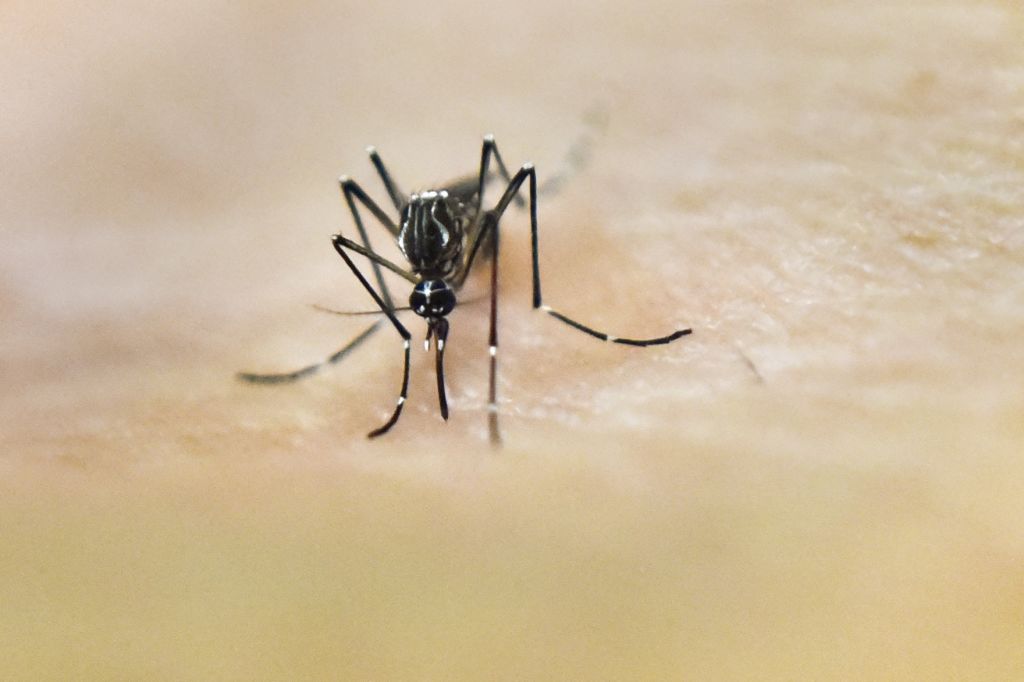A recent study conducted at the University of Turku highlights the importance of expectant mothers’ eating habits. Specialist researcher Ella Koivuniemi explains that a diet high in fiber, vitamins, minerals, and folic acid during pregnancy can increase the fetus’s resistance to cardiovascular diseases later in life. Pregnant women are recommended to consume five servings of plant products per day, but only half of the women in the study met this recommendation. Moreover, one-third of the women did not eat enough vegetables daily.
Koivuniemi emphasizes that pregnant women need enough nutrients to support their own tissues and placenta growth as well as their baby’s development. Vegetables, fruits, and berries are rich in nutrients like folic acid that can prevent birth defects. However, taking a folic acid supplement is not enough; it should be obtained through food. A severe lack of folic acid in an unborn child can lead to neural tube closure disorder, which can cause developmental disorders.
During pregnancy, both mother and fetus try to adapt to their environment. For instance, a mother’s obesity and poor nutrition can affect her baby’s metabolism and increase the risk of diseases such as type 2 diabetes later in life. Epigenetic regulation plays a crucial role in this process by modifying the phenotype of the fetus without changing its DNA.
The study also examined young children’s diets under school age and found that most children do not consume enough vegetables and fruits regularly. Only one percent of children ate five servings or more of vegetable products daily as recommended. The quality of children’s diets was evaluated based on dairy products, sources of hard fat, and fiber-rich foods. Most children had a diet of moderate or poor quality due to factors such as busy lifestyles, fatigue, and lack of support.
In conclusion, proper nutrition is essential for expectant mothers and young children to maintain good health and development outcomes. By following dietary recommendations and incorporating diverse nutrient-rich foods into their diets, mothers can help ensure both their own well-being and that of their children.
In summary:
A new study at the University of Turku has revealed that expectant mothers must pay attention to their eating habits during pregnancy since they can impact their babies’ health later in life.
Specifically, Koivuniemi explained that an unhealthy diet during pregnancy increases the fetus’ susceptibility to cardiovascular diseases later on.
Pregnant women should consume five servings of plant products per day according to recommendations from specialists.
However only half met this recommendation while one third did not consume vegetables daily.
Folic acid is crucial for preventing birth defects but taking a supplement alone may not be enough; it should be obtained through food too.
A severe lack of folic acid in an unborn child may lead to neural tube closure disorder which causes developmental disorders.












+ There are no comments
Add yours